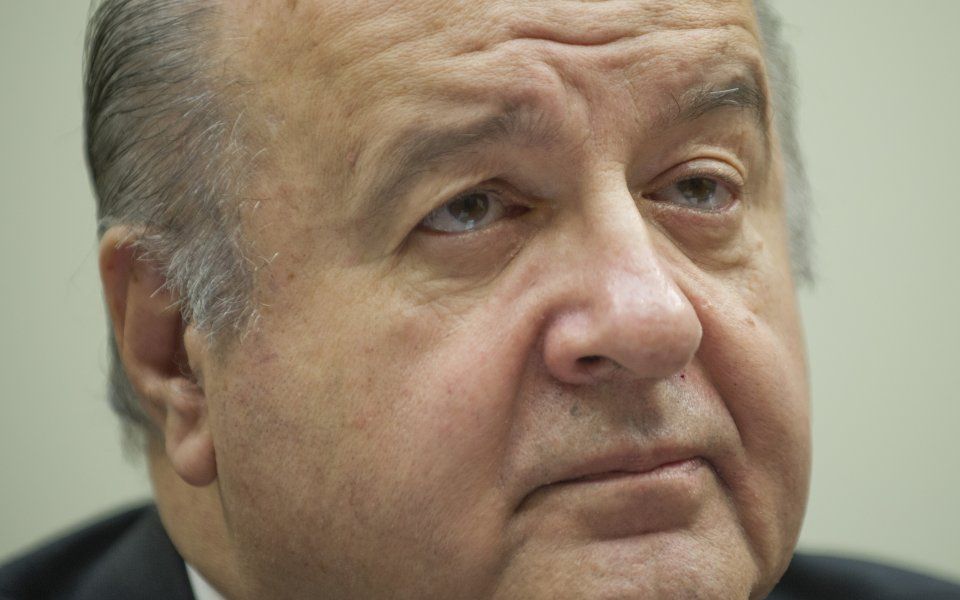Economist Hernando de Soto: ‘Our systems of representation are broken’

Hernando de Soto has dedicated much of his life to trying to help the world's poorest countries develop to the level of advanced economies, but now he is wondering if Western nations need to re-examine how we think about government.
De Soto is one of the world’s most prominent development economists, thanks to the central insight that giving people property rights which they can exercise in practice is a key factor in alleviating extreme poverty, allowing citizens to formalise and capitalise on “dead capital” which they have but cannot use to access credit.
The Peruvian moves in the highest-powered circles imaginable – he counts former US President Bill Clinton as a personal friend – but says governments must renew their emphasis on local accountability in the face of the challenges to the Western order represented most powerfully by the presidency of Donald Trump.
Economic governance has been dominated for decades by the so-called Washington consensus, the vague but powerful doctrine set by the US. The torch for the doctrine has been carried by the institutions founded at the 1944 Bretton Woods conference, such as the International Monetary Fund and the World Bank.
Now, on the Bretton Woods institutions, “it’s time to revise it, because for one reason or another, people seem to be marching in another direction,” de Soto says. “We haven’t kept up with the social contract”, undermining the “whole idea of representation” in a democracy.
De Soto has almost paid for his life for his advice to over 30 heads of state on how to boost prosperity: Peru’s Shining Path Marxist group bombed his offices when he first came to prominence with The Other Path, a 1987 bestseller which laid out his strategy for giving the world’s poor formal property rights.
Yet sitting in the library of the Legatum Institute, the prosperity and development think tank where he was attending the launch of the new global index of economic openness, de Soto suggests that the experience of Europe suggests that nation states are not all-important in ensuring prosperity.
Referring to centuries of European history, he says: “What an unstable place! These must be people that are underdeveloped, they’re always at war? And no, they’re prospering. Maybe we’re attaching too much importance to the sovereign state as we know it.”
De Soto points to the example of Switzerland as the “exception” among developed countries in its focus on participation – although he also praises MPs’ surgeries in the UK, a reminder perhaps to some less enthusiastic parliamentarians of their duties.
“Their system is one of being extremely local, to the point that for a Switzer it's much more important to know who your mayor and who's the organiser of your referendums,” he says. “Who’s the President of Switzerland? Doesn’t matter.”
Localism, and allowing people to express their democratic rights on a smaller scale than the nation state, might hold “a key to figuring out Trump”, de Soto says.
Trump’s rise is also intimately tied with the rise of the Chinese economy to rival even the US – surpassing it on purchasing power parity terms in 2014. China presents one of the greatest challenges to American-style liberalism, with increasing numbers of world leaders drawn by the fast growth apparently offered by the authoritarian state.
The first iteration of communism as a global force, the Soviet Union, collapsed under the weight of a moribund economy, but China’s adoption of market society combined with one-party rule poses a new challenge. To confuse matters further de Soto says that structures of local accountability are more developed across China than outsiders can see, albeit within the context of a state which remains all-powerful. The Chinese regime has the “language” and “knows how to talk to poor people”.
In the West, governments would do well not to ignore the challenge to the current way of doing things, de Soto says. “Our systems of representation aren’t playing the role that they were before,” he says. “Time to look at the system again.”